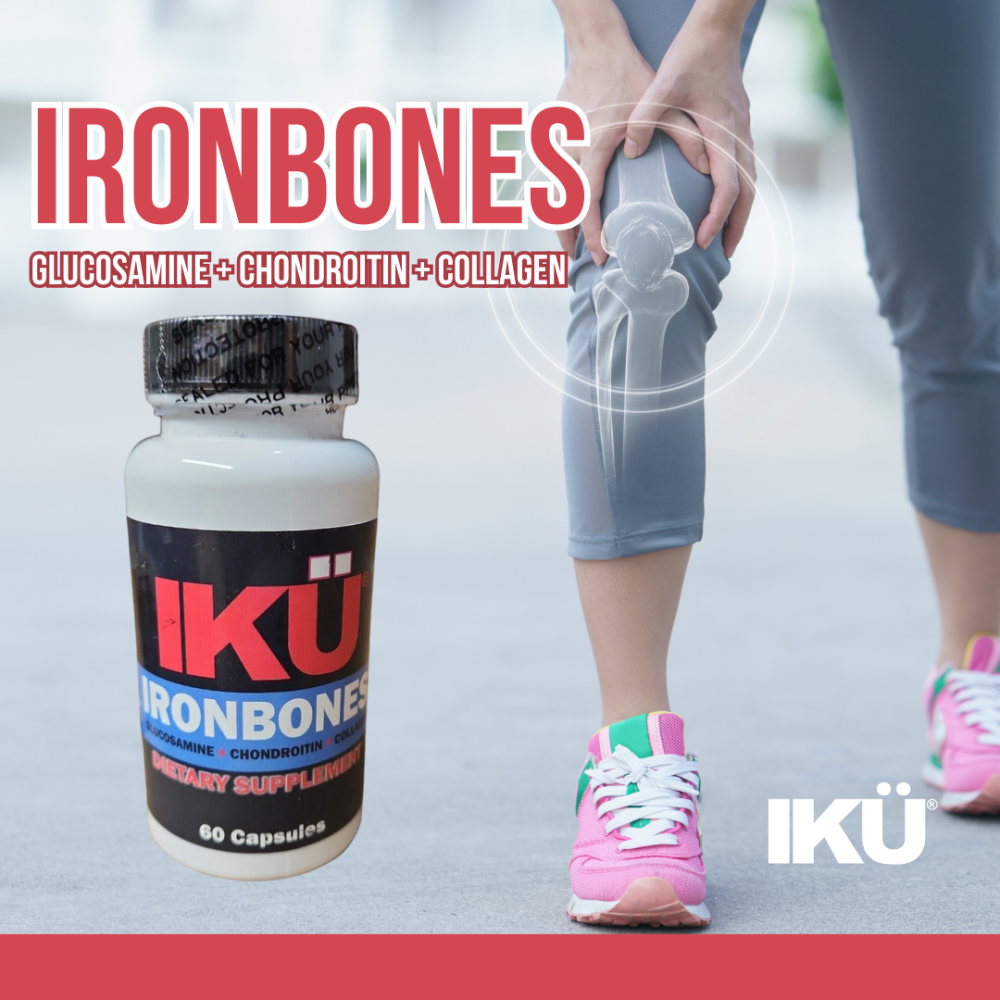Joint Health Allies: Exploring Collagen and Glucosamine for Improved Mobility
The journey toward maintaining optimal joint health is a vital one, particularly as we age or engage in physically demanding activities. Collagen and glucosamine are two key elements that have garnered attention for their potential to support joint health. In this blog post, we’ll delve into the unique benefits of collagen and glucosamine, highlighting their roles in promoting joint comfort, flexibility, and overall mobility.

Understanding Collagen and Glucosamine
1. Collagen: The Building Block of Joints
Collagen is a protein that serves as a structural component in various tissues, including joints, tendons, ligaments, and skin. It provides the framework for these structures and plays a significant role in maintaining their strength and integrity.
2. Glucosamine: The Lubricator and Protector
Glucosamine is a natural compound found in the body, particularly in the fluid surrounding the joints. It contributes to the formation of cartilage, the cushioning tissue that covers the ends of bones and facilitates smooth joint movement.
Collagen’s Role in Joint Health
1. Cartilage Support
Collagen is a major component of cartilage, providing it with strength and elasticity. As we age, collagen production naturally declines, which can impact the quality of cartilage and joint function. Supplementing with collagen may help maintain cartilage integrity.
2. Reduced Joint Discomfort
Studies suggest that collagen supplementation may help alleviate joint discomfort and improve overall joint function, making it an attractive option for those dealing with joint-related issues.
3. Improved Mobility
By supporting the health of tendons, ligaments, and the synovial fluid within joints, collagen can contribute to improved joint flexibility and overall mobility.
Glucosamine’s Contribution to Joint Health
1. Cartilage Protection
Glucosamine helps stimulate the production of molecules that make up the cartilage matrix. This contributes to the maintenance of healthy cartilage and its shock-absorbing properties.
2. Joint Lubrication
The synovial fluid in joints acts as a lubricant, allowing for smooth and painless movement. Glucosamine helps maintain the viscosity of this fluid, promoting optimal joint lubrication.
3. Inflammation Reduction
Glucosamine is thought to have anti-inflammatory effects that can help manage joint discomfort and promote joint comfort.
Choosing Collagen and Glucosamine Wisely
1. Quality Matters
When selecting collagen and glucosamine supplements, opt for high-quality products from reputable sources to ensure effectiveness and purity.
2. Comprehensive Approach
Consider combining collagen and glucosamine supplements with a balanced diet rich in nutrients that support joint health, such as antioxidants, omega-3 fatty acids, and vitamin D.
3. Consult a Healthcare Professional
Before introducing new supplements into your routine, especially if you have underlying health conditions, consult a healthcare professional to ensure compatibility and safety.
Conclusion
Collagen and glucosamine stand as formidable allies in the quest for improved joint health. By supporting cartilage integrity, joint lubrication, and overall joint function, these elements can contribute to enhanced mobility and reduced discomfort. As with any supplement, individual responses may vary, and consulting a healthcare professional is recommended, especially if you have specific health concerns or conditions. Embrace the potential of collagen and glucosamine and embark on a journey toward healthier, more comfortable joints that support your active lifestyle.
